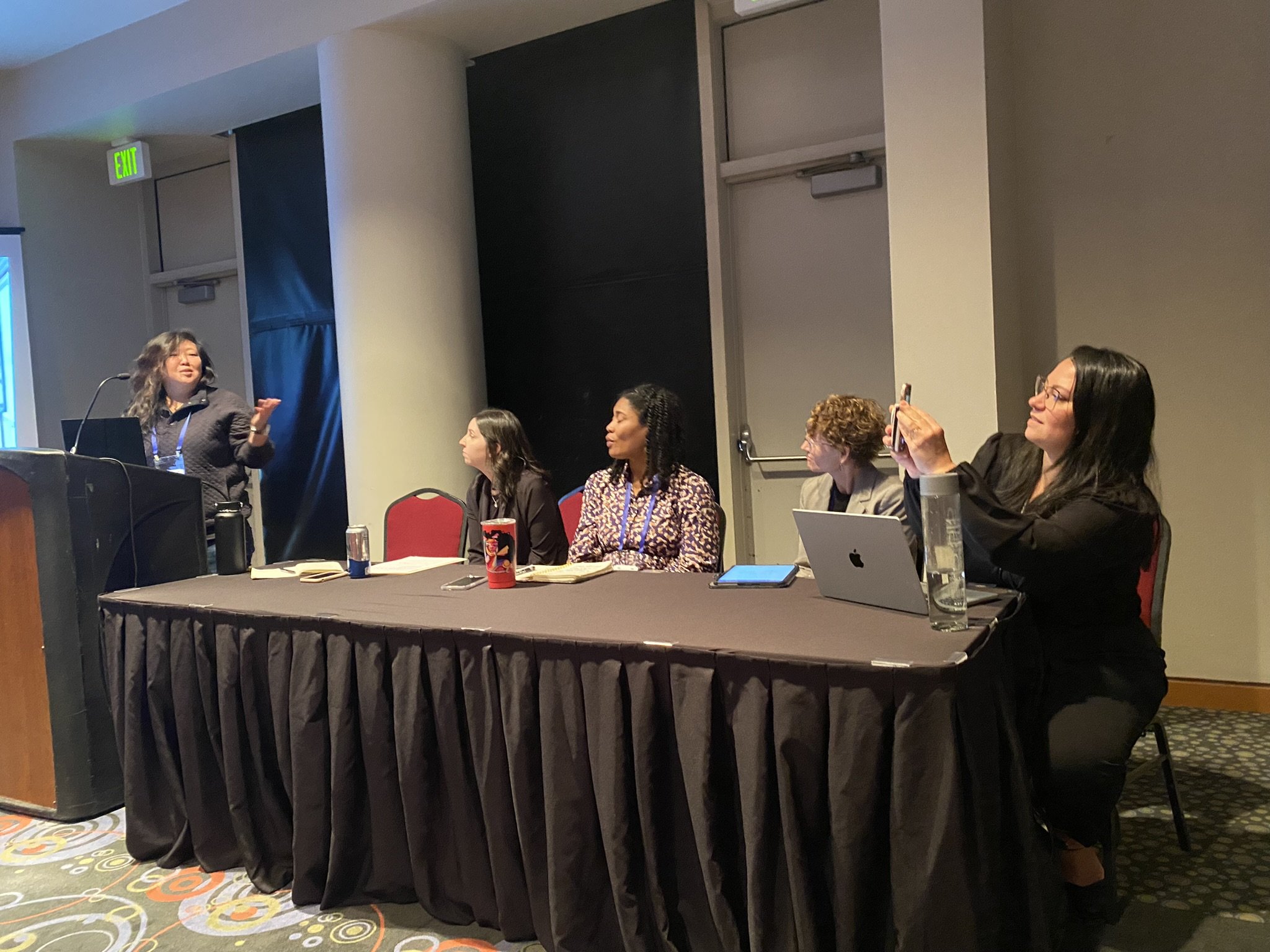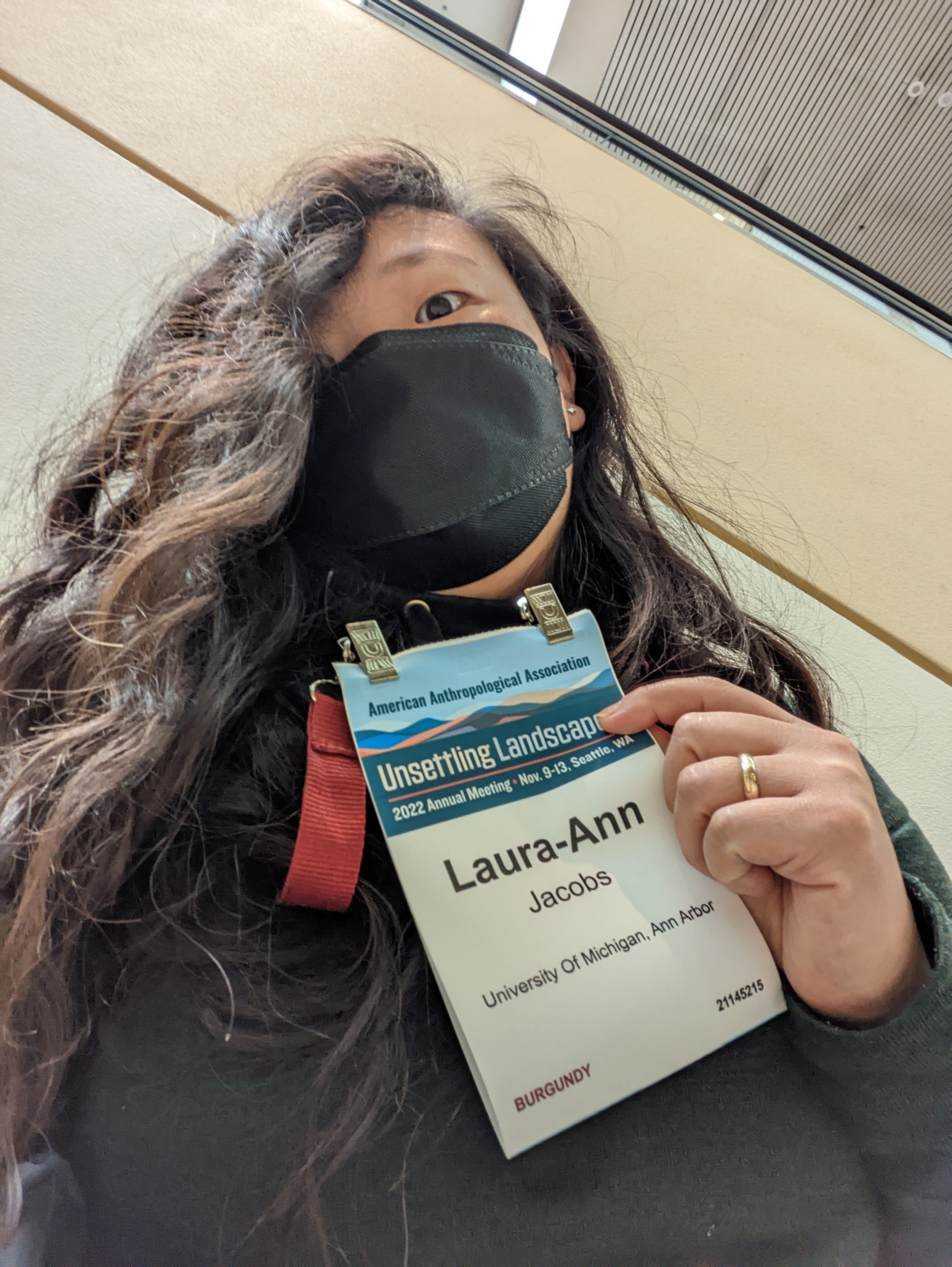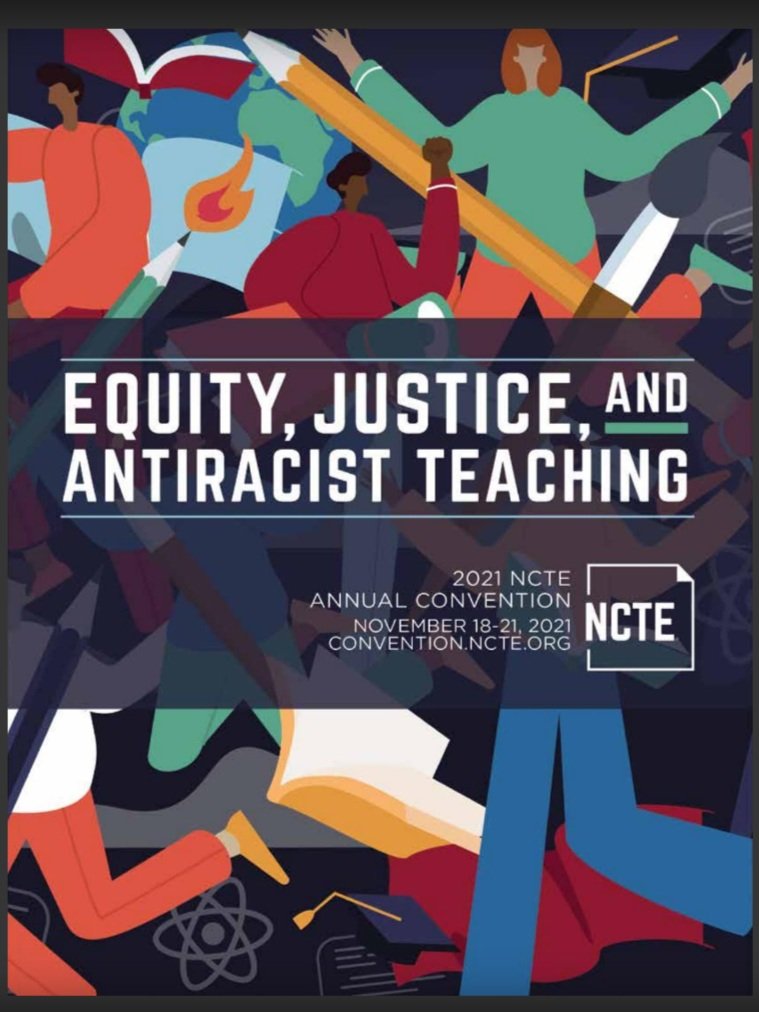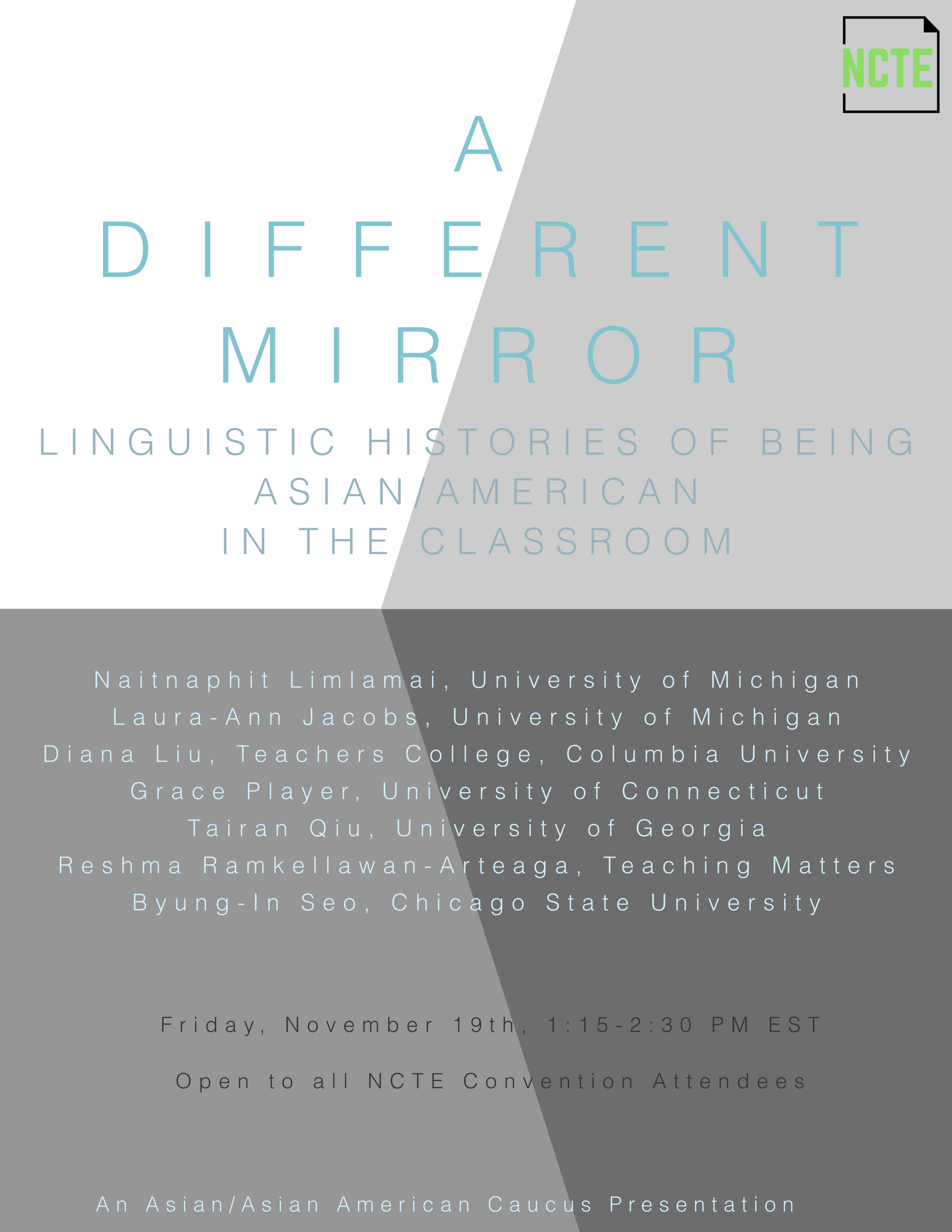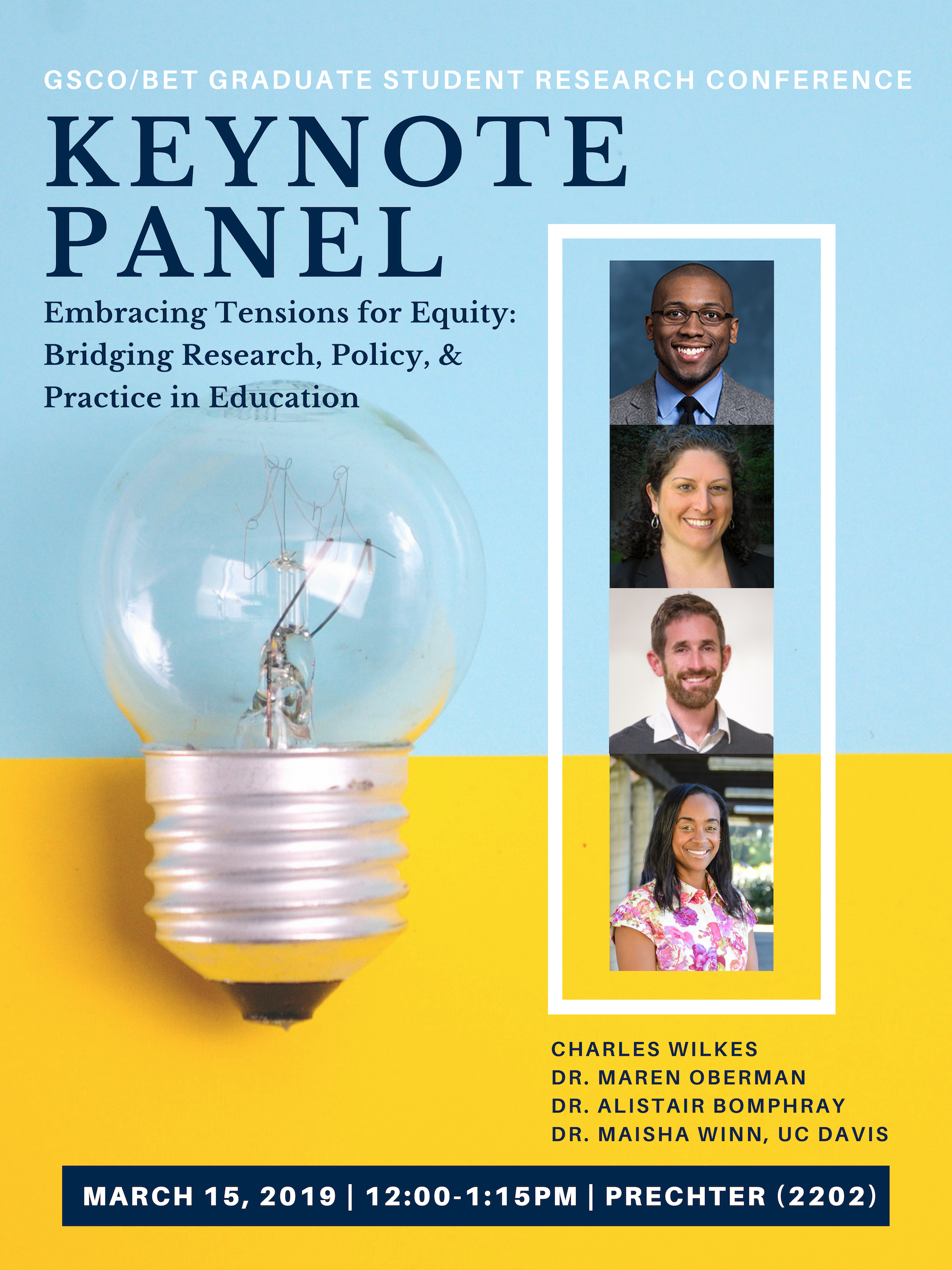This weekend I was inducted into the Bouchet Honor Society!
I am honored to be associated with Dr. Bouchet’s legacy and humbled to be joining alongside this amazing group of scholars from the University of Michigan Rackham Graduate School.
UM Bouchet Honor Society 2023:
Gabrielle Elizabeth Bernal (Educational Studies)
Nagash Clark (Engineering Education)
Azya Philomena Croskey (Chemical Biology)
Laura-Ann Jacobs (National Center for Institutional Diversity)
Shana D. Littleton (Clinial Pharmacy)
Saraí Blanco Martinez (Combined Program of Education and Psychology)
Sierra A. Nance (Molecular and Integrative Physiology)
Aaron J. Neal (Psychology)
Adriana Ponce (Sociology)
Michole Washington (Educational Studies)
Click here to learn more about this year’s University of Michigan inductees
Thank you to Dr. Ethriam Brammer, LaTasha Mitchell, and Askari Rushing for all of your work in making this such a wonderful, memorable, joyful, and celebratory experience.
Description:
Named for the first African American doctoral recipient in the United States (Physics, Yale University, 1876), the Edward Alexander Bouchet Graduate Honor Society (Bouchet Society) recognizes outstanding scholarly achievement and promotes diversity and excellence in doctoral education and the professoriate. The Bouchet Society is a network of preeminent scholars who exemplify academic and personal excellence, foster environments of support and serve as examples of scholarship, leadership, character, service, and advocacy for students who have been traditionally underrepresented in the academy. In the spirit of Bouchet’s commitment to these ideals, inductees into the honor society must demonstrate significant achievement in these five areas.
Click here to learn more about the Bouchet Honor Society at the University of Michigan
Click here to learn more about the Bouchet Honor Society Conference at Yale





